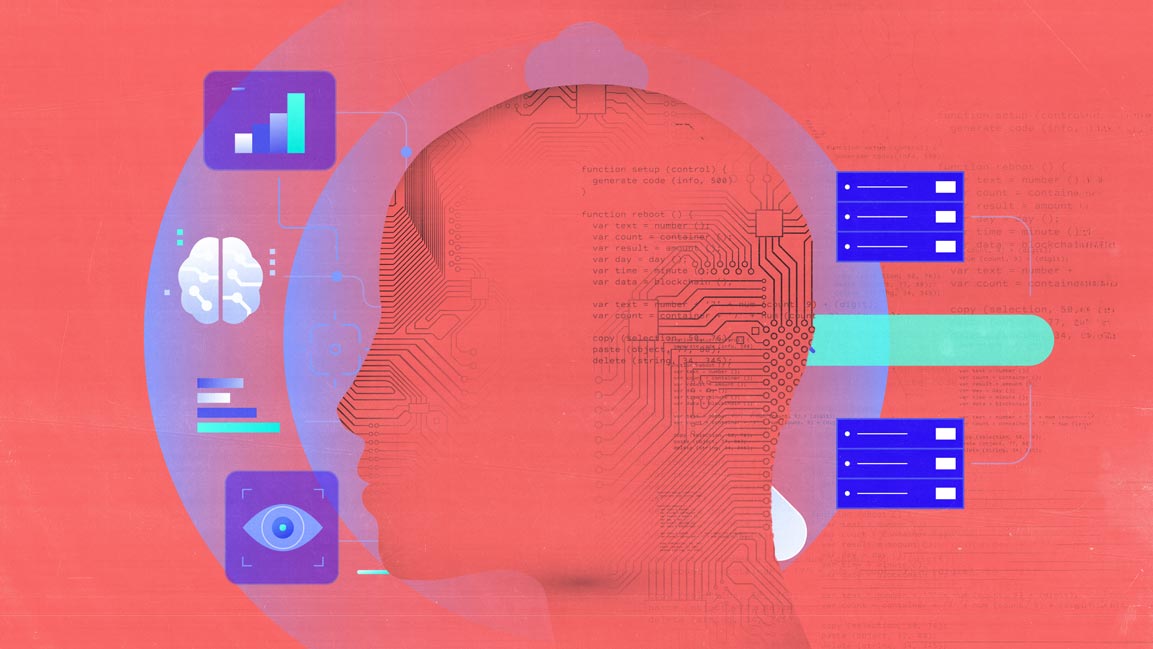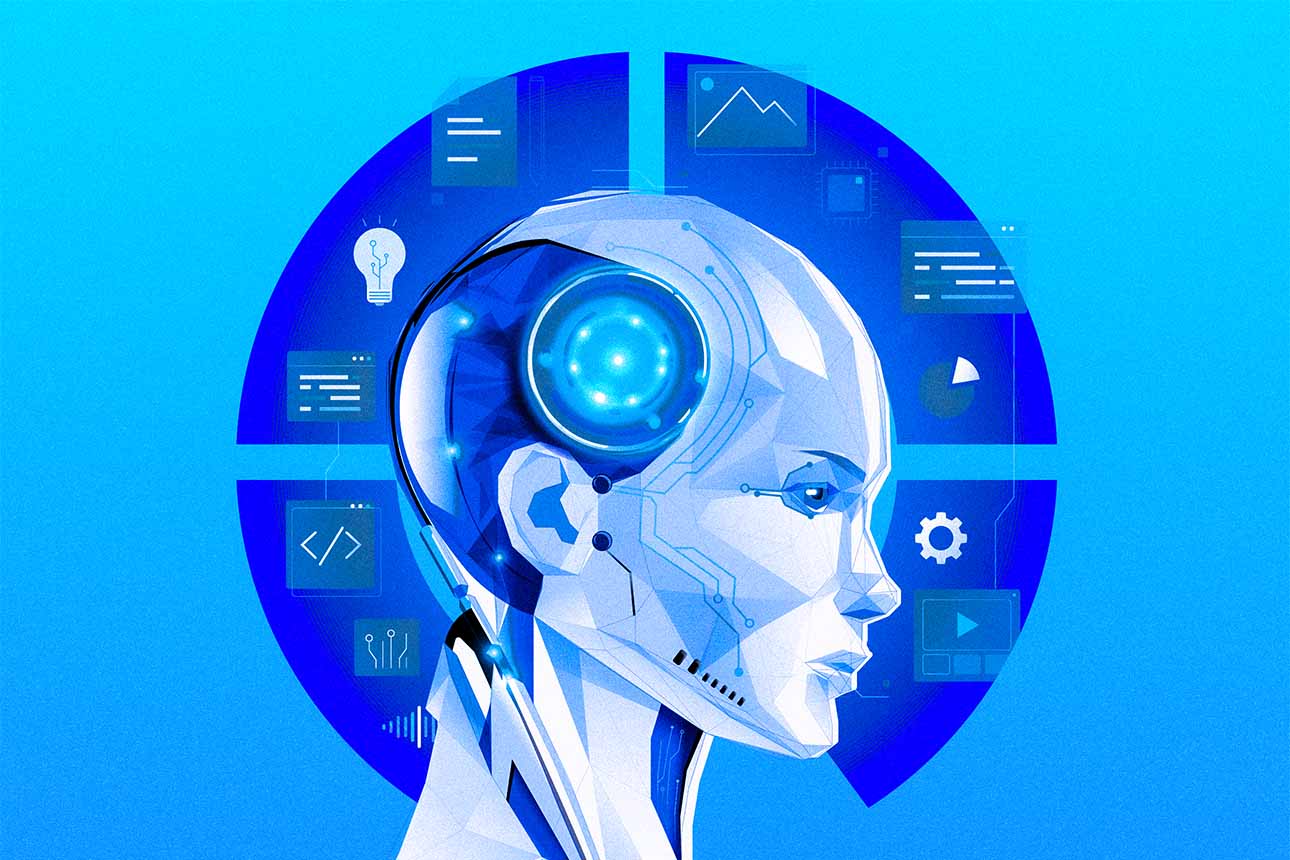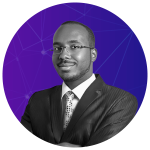Deloitte Rolls Out Global Agentic Network to Accelerate AI Adoption in the Middle East
MITSloan ME Editorial

The initiative supports organizations in deploying AI-powered agents that boost operational efficiency, drive growth, and reimagine work.
As AI continues to reshape industries worldwide, Deloitte has unveiled its Global Agentic Network, a strategic initiative designed to scale AI-driven digital workforce solutions. With the Middle East rapidly advancing its digital transformation agenda, the region is a key focus for this launch.
The initiative supports organizations in deploying AI-powered agents that boost operational efficiency, drive growth, and reimagine work. As AI adoption accelerates across sectors in the GCC and beyond, Deloitte’s agentic AI solutions aim to integrate intelligent automation with human expertise.
Agentic AI refers to software agents capable of autonomously executing tasks, managing workflows, and adapting based on input from users or other systems. Powered by large language models and machine learning, these agents continuously evolve, making them ideal for complex business environments.
The Global Agentic Network spans Deloitte’s operations across EMEA, Asia Pacific, and North America, enabling enterprises to access cutting-edge AI capabilities. In the Middle East, the initiative aligns with national strategies focused on AI innovation, economic diversification, and future-ready infrastructure.
Deloitte is already working with regional clients in key sectors—such as energy, government, and financial services—to deploy agentic AI that streamlines decision-making, improves productivity, and delivers scalable value.
“The Middle East is on a rapid trajectory toward AI-led transformation, and agentic AI is a game-changer for how businesses operate,” said Yousef Barkawie, Deloitte Middle East Gen AI Leader. “At Deloitte, we’re helping our clients navigate the world of AI transformation by architecting and building the capabilities and trust needed for them to scale out their AI deployments and transform at the core. This is an exciting moment to help shape what the future of work looks like in our region, especially as governments and industries double down on innovation and future-readiness.”
The Global Agentic Network includes collaborations with leading technology providers and features tools like Zora AI™, Deloitte’s proprietary suite of AI agents capable of autonomously performing complex business functions. These agents are already being used internally as part of Deloitte’s goal to become an AI-fueled organization by 2030.
This initiative also supports Deloitte’s broader commitment to workforce upskilling and embedding AI into core service offerings—enabling faster, more adaptive, and insight-driven client solutions.
In the Middle East, Deloitte is actively expanding local AI capabilities and supporting clients in the responsible integration of agentic AI. By bridging the gap between traditional automation and intelligent enterprise solutions, the firm is helping organizations unlock new levels of performance and prepare for the future of work.
Latest News & Updates
How Agentic AI can Transform Workplaces in the Middle East
One of the primary challenges in deploying agentic AI is striking the right balance between autonomy and oversight.
Three Essentials for Agentic AI Security
As AI agents travel between systems and platforms, advancing business workflows, they also open vulnerabilities. Learn from one...
AI Research Forum and Summit Focused on Agentic AI Announced
A New Platform to Explore the Future of Autonomous, Goal-Driven AI Systems.
Copyright © 2025. MIT Sloan Management Review Middle East. All rights reserved.
|
|
Thank you for Signing Up |
























